As someone who has experienced the beauty and functionality of quartz countertops firsthand, I understand the frustration that can arise when discoloration occurs. Quartz is known for its durability, low maintenance, and resistance to staining. However, in some cases, discoloration can occur. Let’s delve into quartz countertop discoloration to understand the causes and possible solutions.
Quartz countertops are engineered surfaces made by combining natural quartz crystals with resins and pigments. This composition provides excellent resistance to stains and discoloration. However, certain substances and factors can still cause discoloration over time.
One common cause of discoloration is exposure to direct sunlight. Prolonged exposure to UV rays can lead to fading or yellowing of quartz countertops. Therefore, it’s advisable to use window treatments or protective coatings to minimize sunlight exposure and preserve the original color of your countertops.
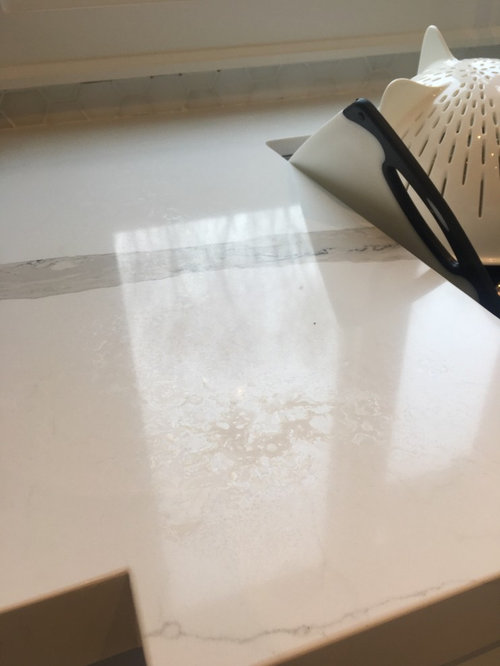
Another potential cause of discoloration is harsh or abrasive cleaning products. While quartz is resistant to many household chemicals, certain substances can affect its appearance. Avoid using bleach, abrasive cleaners, or strong acids on your quartz countertops. Instead, opt for mild soap, water, and a non-abrasive cloth or sponge for routine cleaning.
Sometimes, certain foods or substances can cause temporary discoloration if left on the surface for an extended period. Highly pigmented substances like turmeric, coffee, or red wine can leave stains if not promptly cleaned up. It’s essential to wipe up spills and stains immediately to minimize the risk of discoloration.
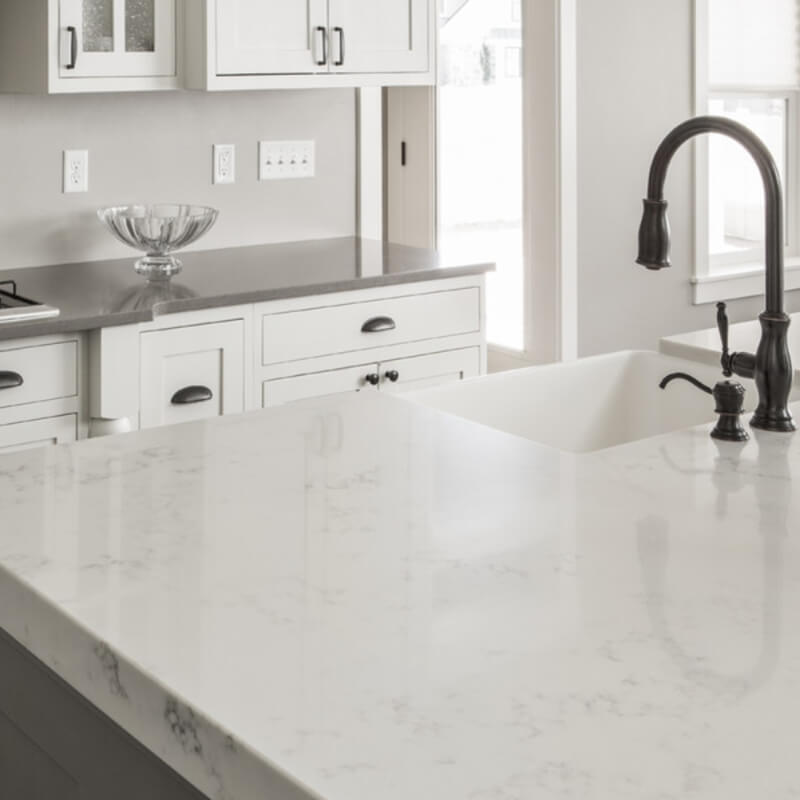
In rare cases, manufacturing defects or improper installation can contribute to discoloration. If you notice significant and persistent discoloration on your quartz countertops, it’s advisable to contact the manufacturer or installer for assessment and resolution.
Fortunately, addressing discoloration on quartz countertops is possible in many cases. You can use a non-abrasive cleaner specifically formulated for quartz surfaces for minor discoloration or staining. Follow the manufacturer’s instructions and gently scrub the affected area. If the discoloration persists, it may be best to consult a professional to explore further options.
Preventing discoloration on your quartz countertops involves adopting a few simple practices. Firstly, avoid placing hot pans or pots directly on the surface, as extreme heat can cause thermal shock and potential discoloration. Always use trivets or hot pads to protect your countertops. Secondly, be mindful of the substances that come into contact with your countertops. Promptly clean up spills and avoid leaving highly pigmented or acidic substances on the surface for extended periods.
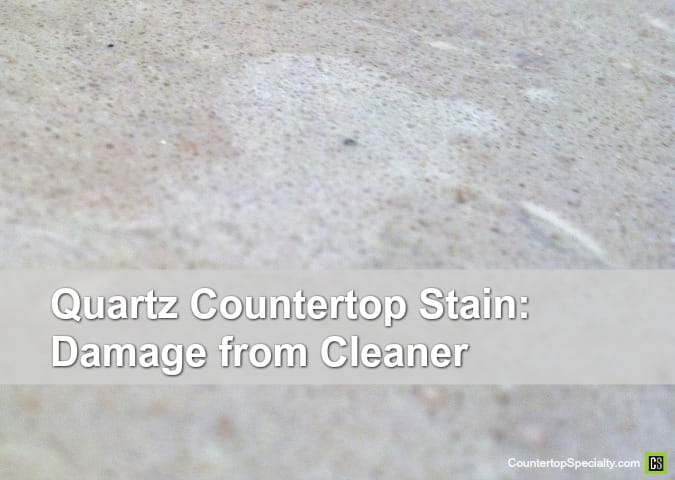
While quartz countertops are generally resistant to discoloration, it’s important to be aware of the potential causes and take preventive measures. Minimizing sunlight exposure, using gentle cleaning products, promptly cleaning up spills, and practicing proper maintenance can help maintain the beauty and color of your quartz countertops. If discoloration does occur, consider using appropriate cleaning methods or seeking professional assistance to address the issue effectively. With proper care, your quartz countertops can continue to enhance the aesthetics and functionality of your kitchen for years to come.
Can Quartz Countertops Stain u2013 Slabworks of Montana
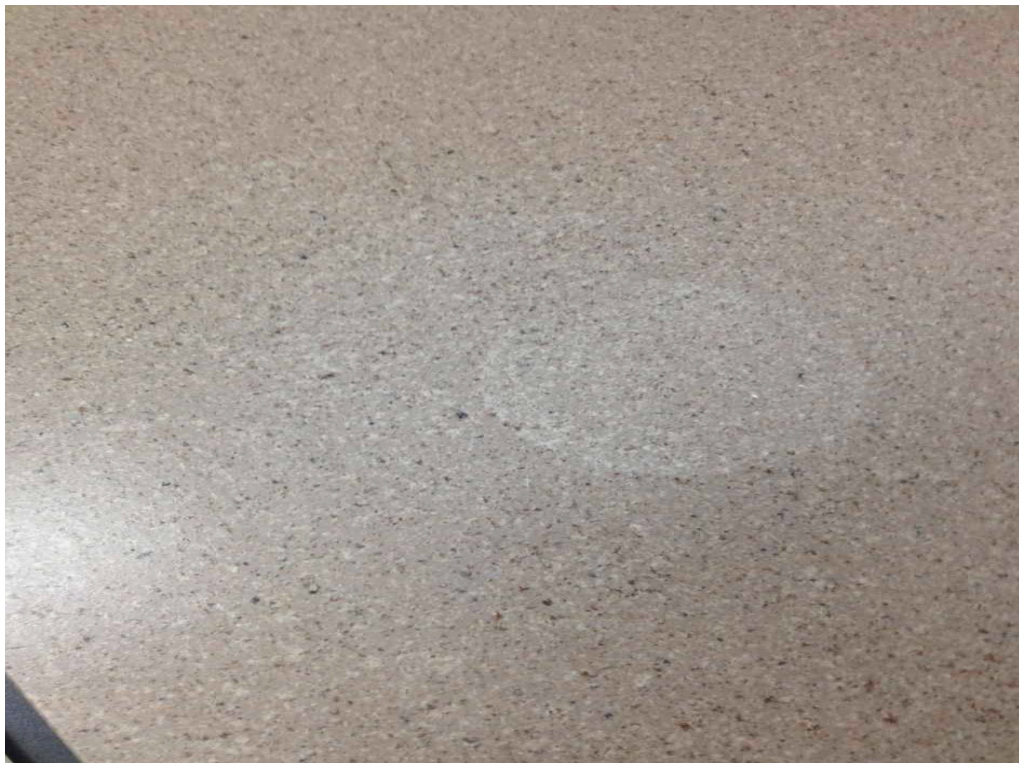
How To Remove A Stain From Quartz Quartz Stain Removal How to
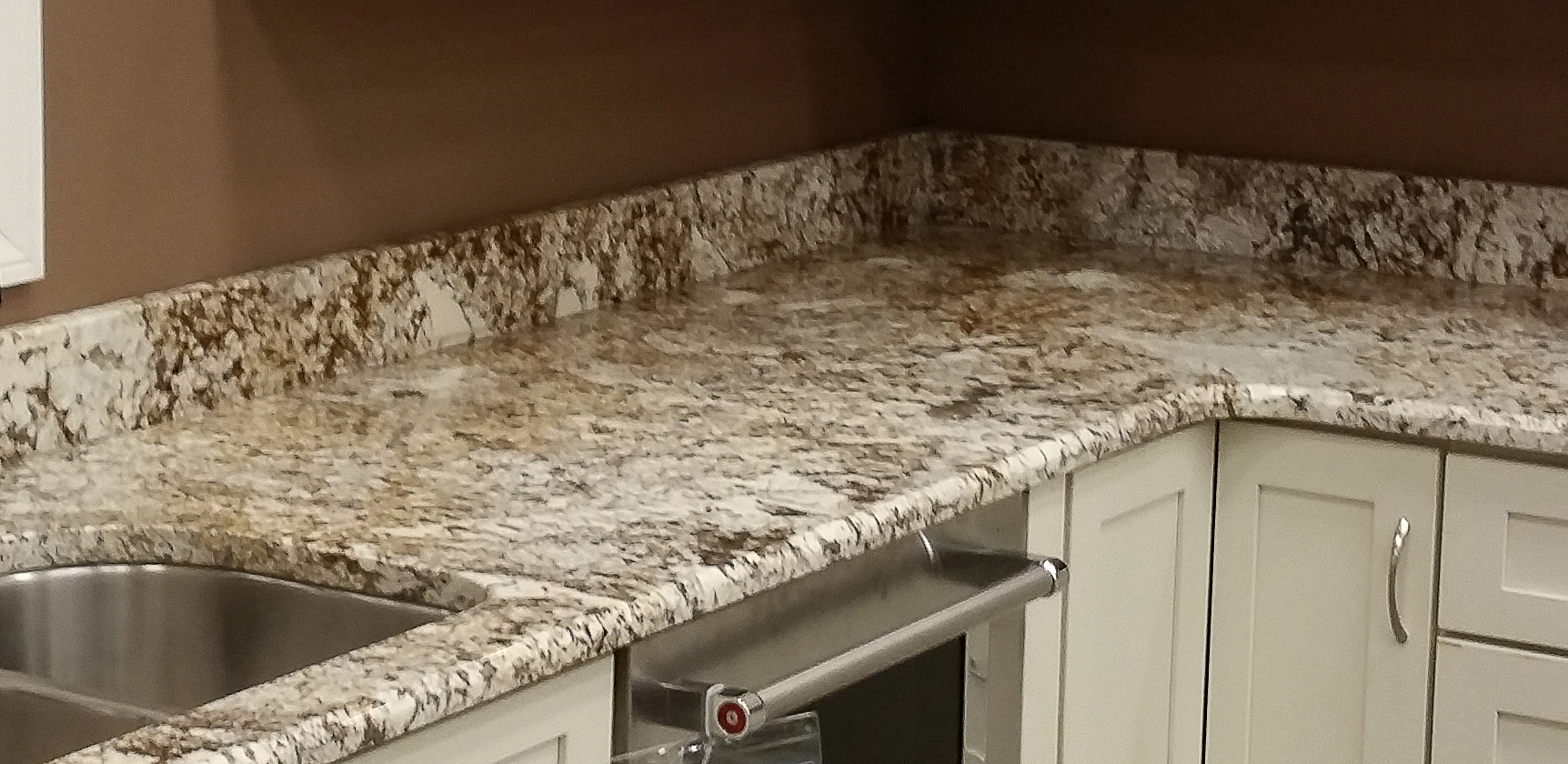
Why Quartz Countertops Might Be Your Most Carefree Countertop
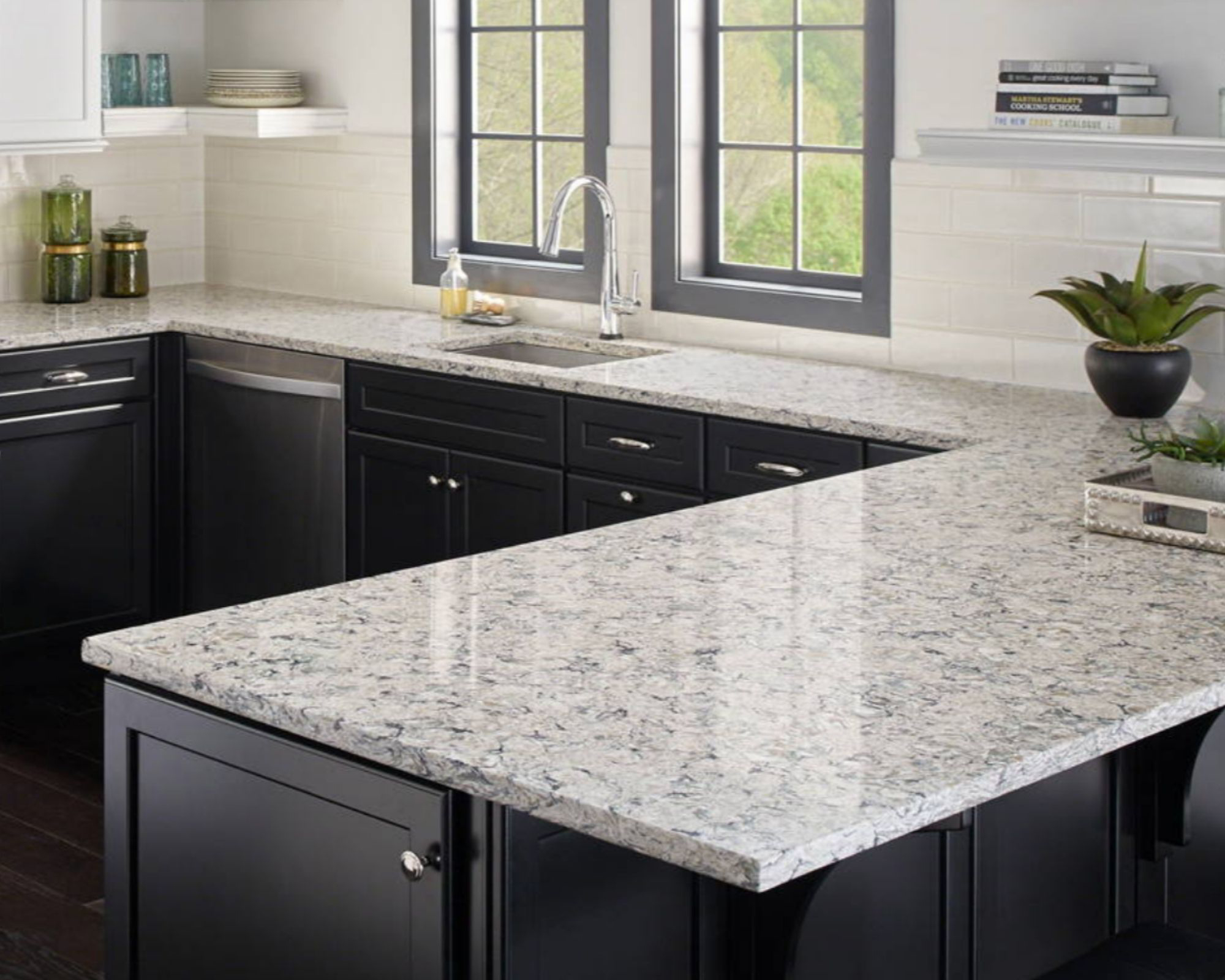
Do Quartz Countertops Stain? 5 Possible Problems With Quartz

Quartz Countertop Stain

Do Quartz Countertops Stain? [AndHowToKeepThemClean

Does Quartz Countertop Fade in Sunlight? Avoid Quartz for

Related articles:
- Quartz Countertops Tile Backsplash
- Beveled Edge Quartz Countertop
- Quartz Countertop Choices
- Quartz Countertop Types
- Grey Brown Quartz Countertops
- Quartz Countertops Pattern
- Quartz Countertops DIY
- Kitchen Island Quartz Countertop
- Quartz Countertops In Bathroom
- White Engineered Quartz Countertops
Introduction:
Quartz countertops are a popular choice among homeowners for their durability and beauty. Unfortunately, over time, quartz countertops can become discolored due to a variety of factors. This article will explore what causes quartz countertop discoloration and how to prevent and reverse it.
Features:
Quartz countertops are extremely durable and resistant to staining, heat, and scratches. They are composed of a mixture of quartz and resin, allowing them to be more resilient than other natural stone countertops. Quartz countertops also come in a variety of colors and patterns that can fit any decor style.
Benefits:
Quartz countertops offer a number of benefits to homeowners. They are easy to maintain and clean, require little maintenance, and are highly resistant to staining, heat, and scratches. They also add value to your home and can last for many years with proper care.
Pros and Cons:
The pros of quartz countertops include their durability, ease of maintenance, and aesthetic appeal. The cons include their susceptibility to discoloration over time due to exposure to sunlight or harsh chemicals.
Installation:
Installing a quartz countertop is not a difficult process but should be done by a professional for best results. Professional installation ensures the countertop is sealed properly to prevent water from seeping into the seams and causing discoloration.
Care and Maintenance:
Proper care and maintenance is essential for keeping quartz countertops looking their best. To prevent discoloration, it’s important to avoid exposure to direct sunlight or harsh chemicals. Cleaning should also be done regularly with mild soap and water. For tougher stains, use an appropriate cleaner that is safe for quartz surfaces.
Where to Buy:
Quartz countertops can be purchased from home improvement stores or online retailers. When shopping for quartz countertops, make sure you check the warranty information before making your purchase to ensure you are getting a quality product that will last for many years.
FAQs:
Q: How do I prevent my quartz countertop from discoloring?
A: To prevent your quartz countertop from discoloring, make sure it is sealed properly during installation and avoid exposing it to direct sunlight or harsh chemicals. Cleaning regularly with mild soap and water will also help keep it looking its best.
Q: Can I reverse discoloration on my quartz countertop?
A: Yes, if your quartz countertop has become discolored you can use a specially designed cleaner or polisher designed for quartz surfaces to restore its original color.